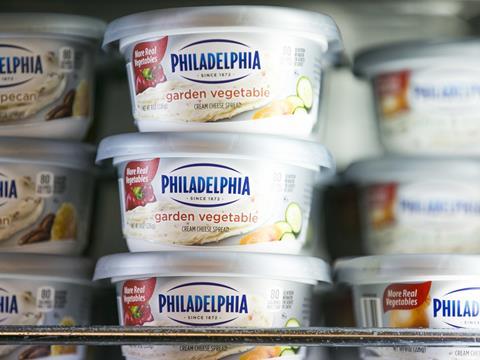
Mondelez is exploring a sale of its European cheese and grocery business, which could be valued at around $3bn, according Reuters, as it sharpens its focus on snack foods and refreshments.
Mondelez, the maker of Cadbury chocolate and Oreo cookies, has hired investment banks Goldman Sachs and JPMorgan Chase to seek buyers for the assets, Reuters sources said, cautioning that the divestment was not certain. The assets could appeal to companies such as Kraft Heinz, as well as private equity firms, the people added, asking not to be identified because the deliberations are confidential. Kraft Heinz has right of first refusal for the assets as a result of its spinning off of Mondelez in 2012. The Grocer reported that Kraft Heinz could look to buy Mondelez’s cheese business, including Philadelphia, at the time of its merger back in March. (Reuters)
As we wait for news of the level of ABInBev’s bid for SABMiller, The Times takes a look one of the key figures in the deal – SAB chairman Jan du Plessis.If Anheuser-Busch InBev is to get its hands on SABMiller, it will have to persuade one of the toughest and most respected FTSE 100 chairmen that its offer not only provides full value to the brewer’s shareholders but is deliverable. Jan du Plessis, who took the helm at SABMiller in July after joining the board last year, is no stranger to dealing with unsolicited approaches and other corporate crises, and in almost every case he has shown himself to be a formidable figure, adroitly dealing with such challenges with straight talking and common sense. (The Times £)
The Telegraph’s Questor column reviews meat producer Cranswick, which jumped 6% yesterday on strong sales. The Telegraph writes: “There may be a supermarket price war raging but demand from financially squeezed households for good value protein means more pork products are flying off the shelves. This drives growth at Cranswick.” (The Telegraph)
The Guardian looks at this week’s sale of Quorn to Philippines noodle firm Monde Nissin. It writes: “Food scandals, concerns about the environmental impact of farming livestock and an advertising campaign fronted by multiple gold medal-winning runner Mo Farah had already broadened Quorn’s appeal beyond vegetarians. Three-quarters of the customers for the mycoprotein-based products – which are produced in West Yorkshire – are now meat eaters and the company has set its sights on health-conscious customers across Europe and the US.” (The Guardian)
A case of BSE – so-called “mad cow disease” – has been found in an animal on a farm in Wales. The case is the first in Wales since 2013 but the devolved government in Cardiff described it as isolated and said the animal had not entered the human food chain. There have been six cases in the UK since 2013. (The Guardian)
Weakness in UK manufacturing remains the main drag on the British economic recovery as the latest figures show the industry hobbled along in September and laid off more workers. The Markit UK manufacturing purchasing managers index slipped to 51.5 last month, down from 51.6 in August. Worryingly the survey’s jobs index slipped below the 50 mark for the first time since April 2013, adding to signs that a phase of strong employment growth in Britain has flattened out. (The Daily Mail)
In the US, food industry executives are calling on Congress to take action on climate change, writes the Guardian. “If the US Congress is to take meaningful action to curb climate change, the support of corporate America and Republicans will be required. This is why a meeting of food industry executives and politicians – joined by a lone Republican congressman – on Capitol Hill on Thursday may be the first glimmer of a bipartisan approach to climate action.” (The Guardian)

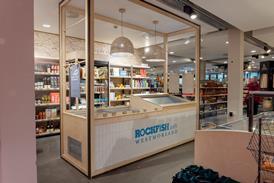
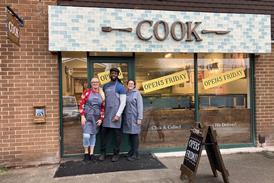
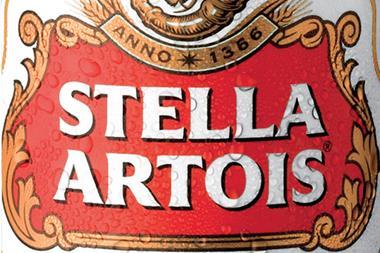
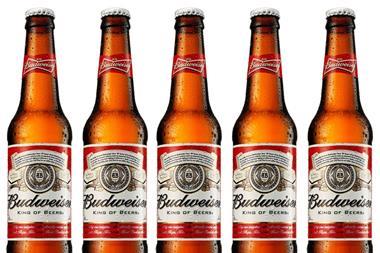
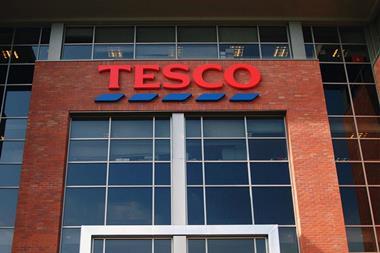
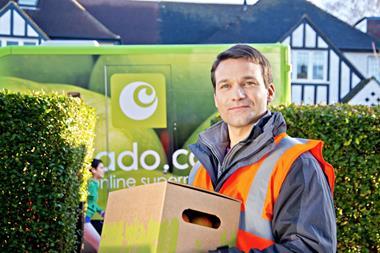
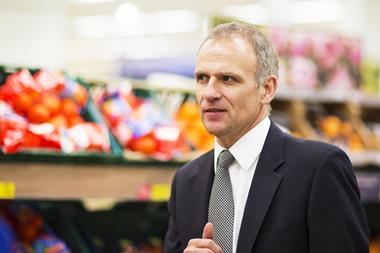
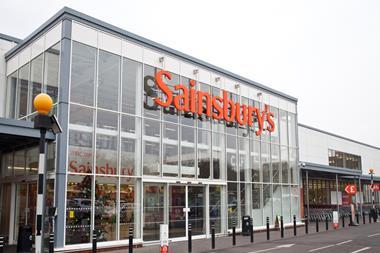
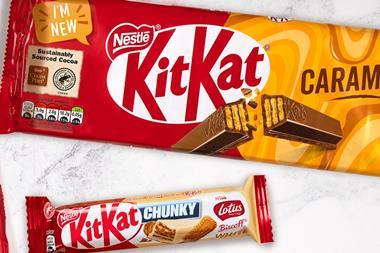
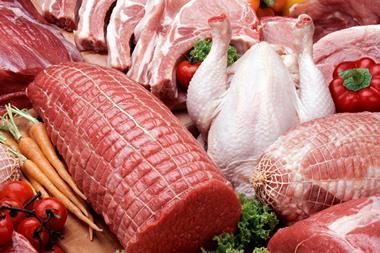
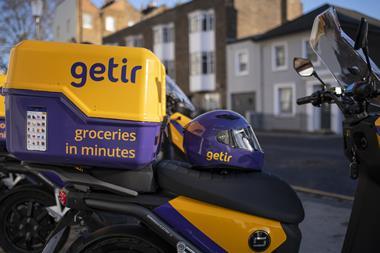
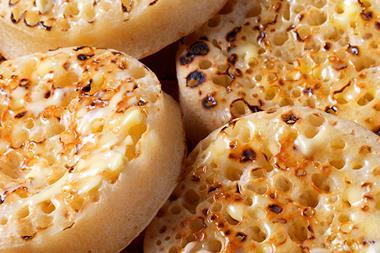
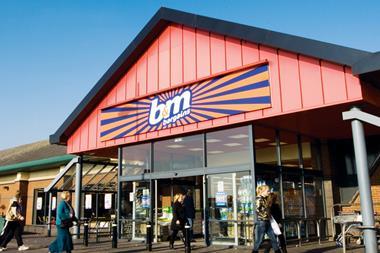
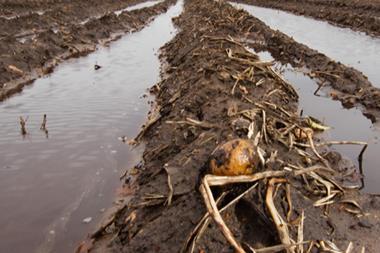
No comments yet